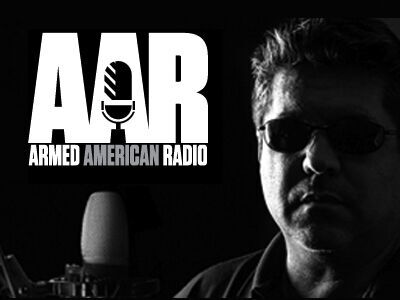Consumers brace for higher car prices as tariffs take hold
National News

Audio By Carbonatix
4:06 PM on Tuesday, September 16
Brett Rowland
(The Center Square) – North American automakers paid about $1.389 billion in import duties in July to the U.S. federal government related to vehicles assembled in Canada and Mexico, according to a new report.
President Donald Trump hit all foreign vehicles and auto parts with tariffs of 25% in May. Trump also hit almost all imported aluminum and steel with 50% tariffs.
Analysis by Anderson Economic Group found more than $1.1 billion in tariffs was imposed on assembled vehicles from Canada and Mexico, and another $276 million was levied on auto parts in the month of July 2025.
"Tariffs hit North American automakers hard in July," said Patrick Anderson, principal & CEO of Anderson Economic Group. "The automakers made extensive use of temporary allowances that effectively allowed an exemption for the majority of both parts and vehicles through June. That changed in July for assembled vehicles, and we can expect that these costs will become embedded into the prices consumers are paying in the very near future."
The costs hit North American automakers and their suppliers.
Automakers assembling vehicles in the United States include General Motors, Ford, Stellantis, Toyota, Honda, Hyundai, Kia, Rivian, Tesla, as well as Mercedes-Benz, Volkswagen and BMW.
Many of the vehicles assembled in the United States have substantial parts imported from Canada and Mexico, according to Anderson Economic Group.
AEG reviewed the September data release by the U.S. Census Bureau and Bureau of Economic Analysis, which includes U.S. international trade statistics through July 2025. The AEG analysis covered auto parts and assembled vehicles from Canada, Mexico, Germany and Japan.
Up until June 2025, duties on Canadian vehicles remained low, as these imports were largely reported as non-taxable. In July, however, the amount of calculated tariffs for Canadian vehicles jumped to $311 million. That represents roughly 26% of the total dutiable value. In the same month, $72 million was levied on auto parts from Canada, representing 36% of the dutiable value.
For Mexico, $802 million, or 24% of the total dutiable value, was levied on vehicles in July. Mexican auto parts faced a total of $205 million in tariff, or about 30% of the total dutiable value.
However, unlike Canada, Mexico saw a spike in the amount of tariffs collected from vehicles and auto parts earlier in April, a pattern similar to that of German and Japanese auto imports.
The sharp drop in the share of vehicles exempt from tariffs marks a turning point for North American automakers, who benefited from temporary allowances in the first half of 2025. With the end of the allowances that prevailed through May and into June of this year, automakers and suppliers are now facing the tariff-related cost increases that AEG and others noted were coming as early as January of this year.
"With over a billion dollars in tariff costs in just one month and for just two countries, the price shock will become impossible to ignore," Anderson said.
Trump has made tariffs the centerpiece of his economic agenda. Trump used a 1977 law that doesn't mention tariffs to reorder global trade in a matter of months through tariffs to try to give U.S. businesses an advantage in the world market. Using tariffs under the International Emergency Economic Powers Act, Trump hit nearly every nation with import duties of at least 10%. Some countries face higher rates, up to 50%.






